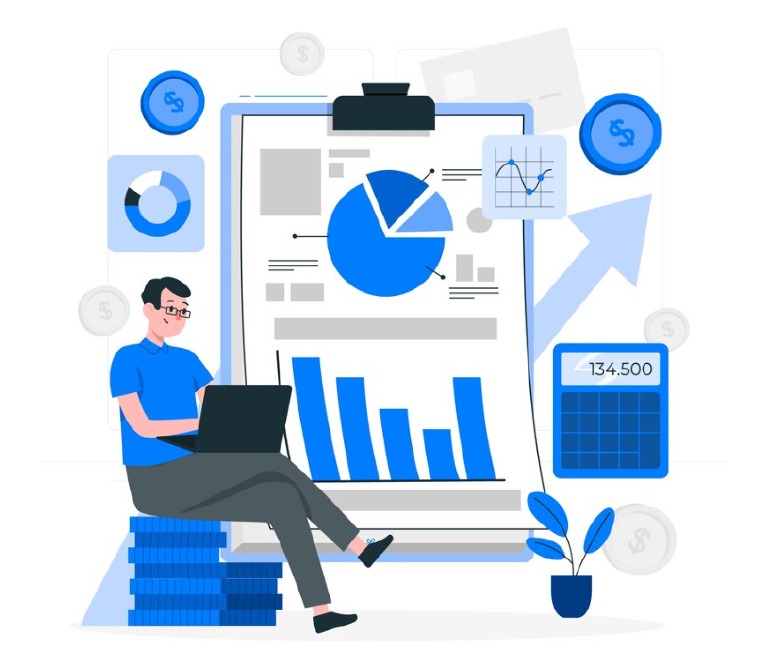Sustainable finance refers to financial practices that integrate environmental, social, and governance (ESG) considerations into business and investment decisions. This approach ensures that economic activities not only generate profits but also contribute positively to society and the environment.
Nigeria’s Push Toward ESG Investments
In Nigeria, industries are increasingly adopting sustainable finance to foster long-term growth, attract global investment, and address climate challenges. A notable development is the partnership between the Nigerian Exchange Group (NGX) and German Investment Corporation-Deutsche Investitions-und Entwicklungsgesellschaft (DEG), aimed at advancing impact investing and sustainable business practices. This collaboration seeks to enhance corporate transparency and support climate action, positioning Nigeria as a leader in Africa’s green transition.
The Role of the NGX-DEG Partnership
The NGX-DEG partnership marks a significant step toward advancing sustainable finance in Nigeria. It focuses on building frameworks for data sharing on carbon emissions, empowering businesses to better measure and manage their environmental impact. By promoting transparency and aligning companies with international sustainability standards, the initiative encourages compliance with frameworks like the Paris Agreement and the UN Sustainable Development Goals (SDGs).
Implications for Nigeria’s Economy
The broader adoption of sustainable finance offers significant benefits to Nigeria’s economy across multiple areas:
- Attracting International Capital and Driving Financial Innovation: Promoting ESG-compliant strategies positions Nigeria as an attractive destination for foreign direct investment, strengthening its role in Africa’s sustainable finance landscape. It also fosters the development of innovative financial instruments—such as green bonds, carbon credits, and sustainability-linked loans—unlocking new opportunities for investors and diversifying Nigeria’s capital market.
- Enhancing Corporate Accountability: The NGX-DEG collaboration will push companies to improve transparency on sustainability metrics such as carbon emissions. This accountability fosters investor confidence and ensures that businesses remain responsible for their environmental and social impacts.
- Advancing Climate Action: As Nigeria pursues its climate targets, sustainable finance will channel investment into green projects like renewable energy and sustainable infrastructure. This reduces carbon emissions and builds resilience against climate-related risks.
- Unlocking New Business Opportunities: Sustainable finance encourages innovation and entrepreneurship in sectors such as renewable energy, recycling, sustainable agriculture, and clean transportation. These new ventures drive job creation, increase business competitiveness, and expand market opportunities for environmentally responsible businesses.
- Building Economic Resilience: Focusing on sustainable business practices promotes long-term economic stability. Supporting environmentally responsible industries prepares Nigeria for global shifts toward green economies, ensuring the country remains competitive and resilient in the face of environmental challenges.
Seizing Opportunities in Sustainable Finance
Nigeria’s journey toward sustainable finance, fueled by strategic partnerships like NGX-DEG, opens new possibilities for businesses, investors, and the economy. As demand for ESG-compliant investments grows, aligning with global sustainability trends becomes essential for companies and investors seeking long-term success. Embracing impact investing and sustainable practices positions Nigeria to lead Africa’s green transition and secure a sustainable future.
Whether you’re a business aiming to meet ESG standards or an investor exploring impact-driven opportunities, please contact us at info@scp-law.com or visit www.scp-law.com for expert advice.





